
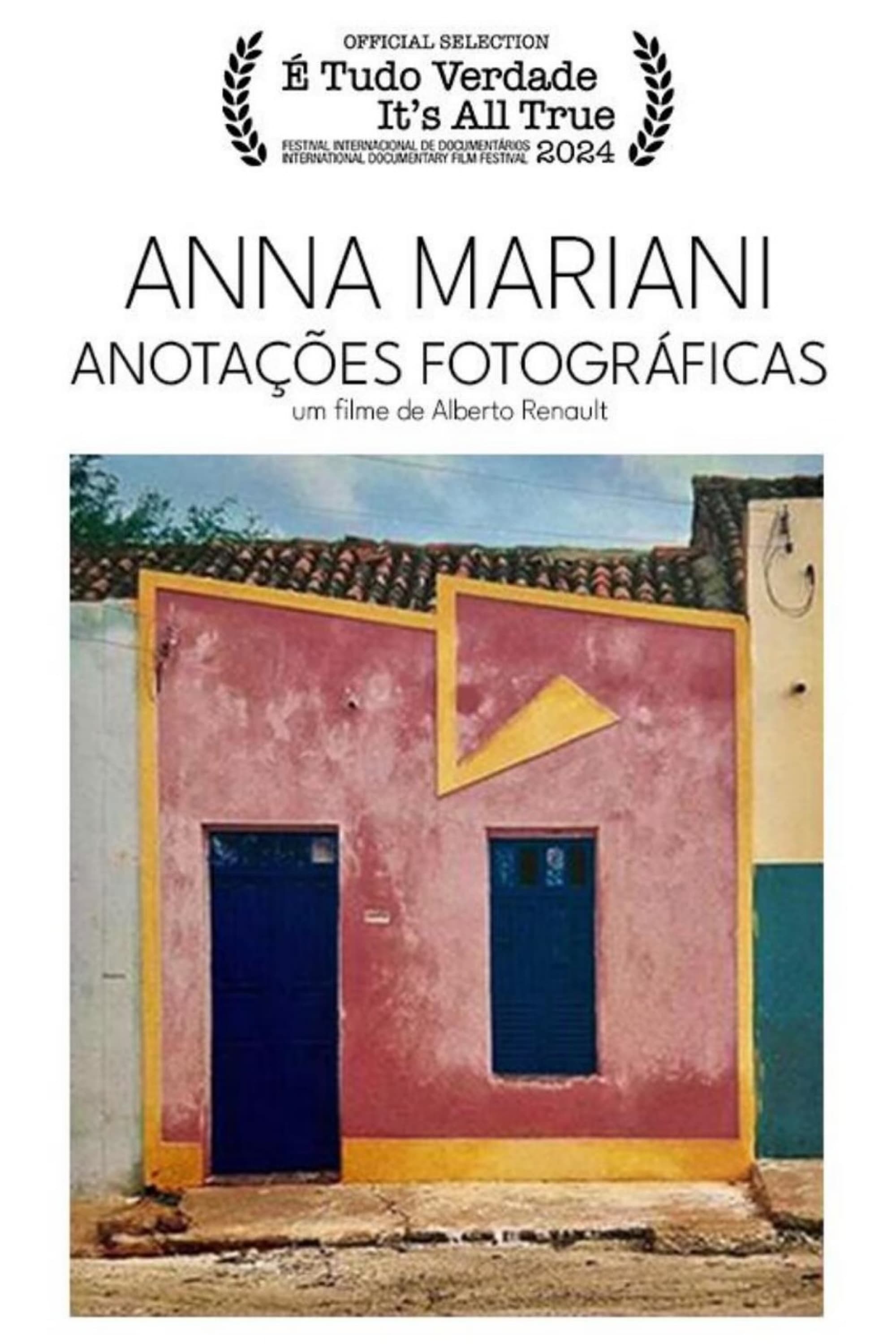
The paths that the artist traveled to create two essays that are landmarks of contemporary Brazilian photography.
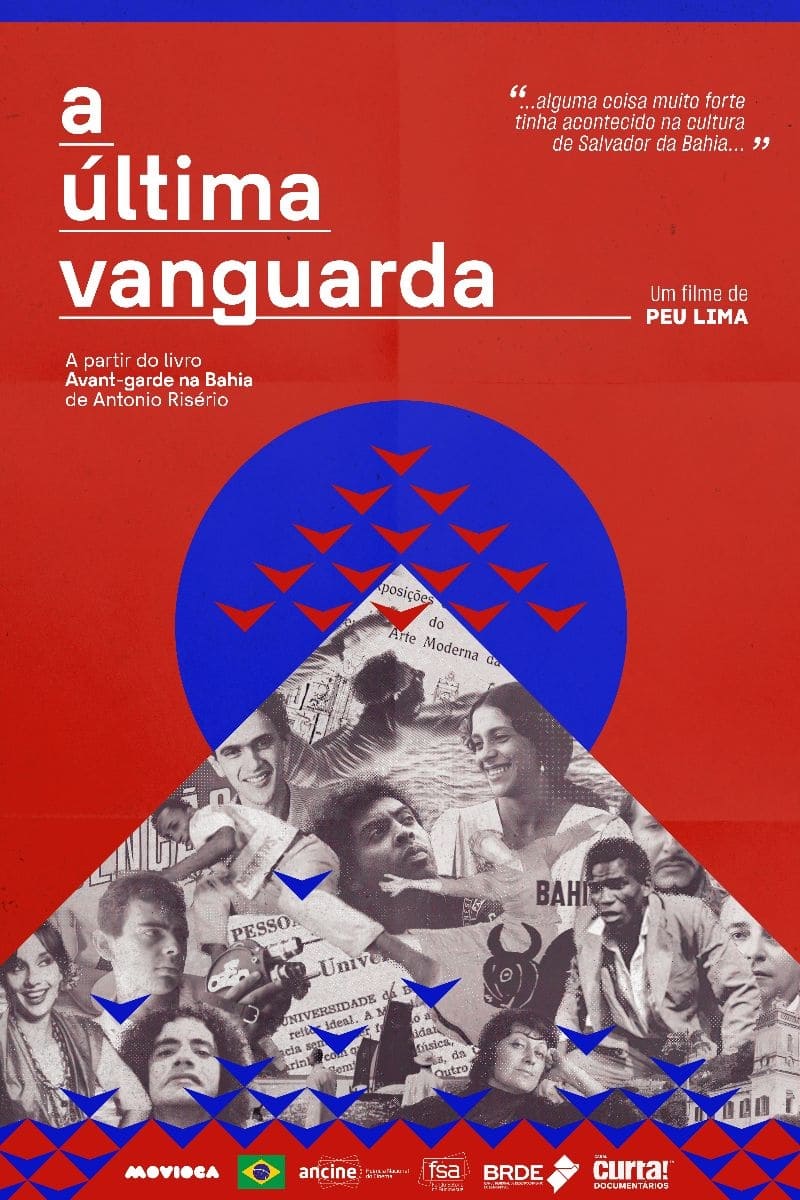
70 years ago, a visionary management in education and culture as a political strategy for the dissemination and development of Bahia gave rise to an artistic vanguard that still impacts Brazilian culture today.
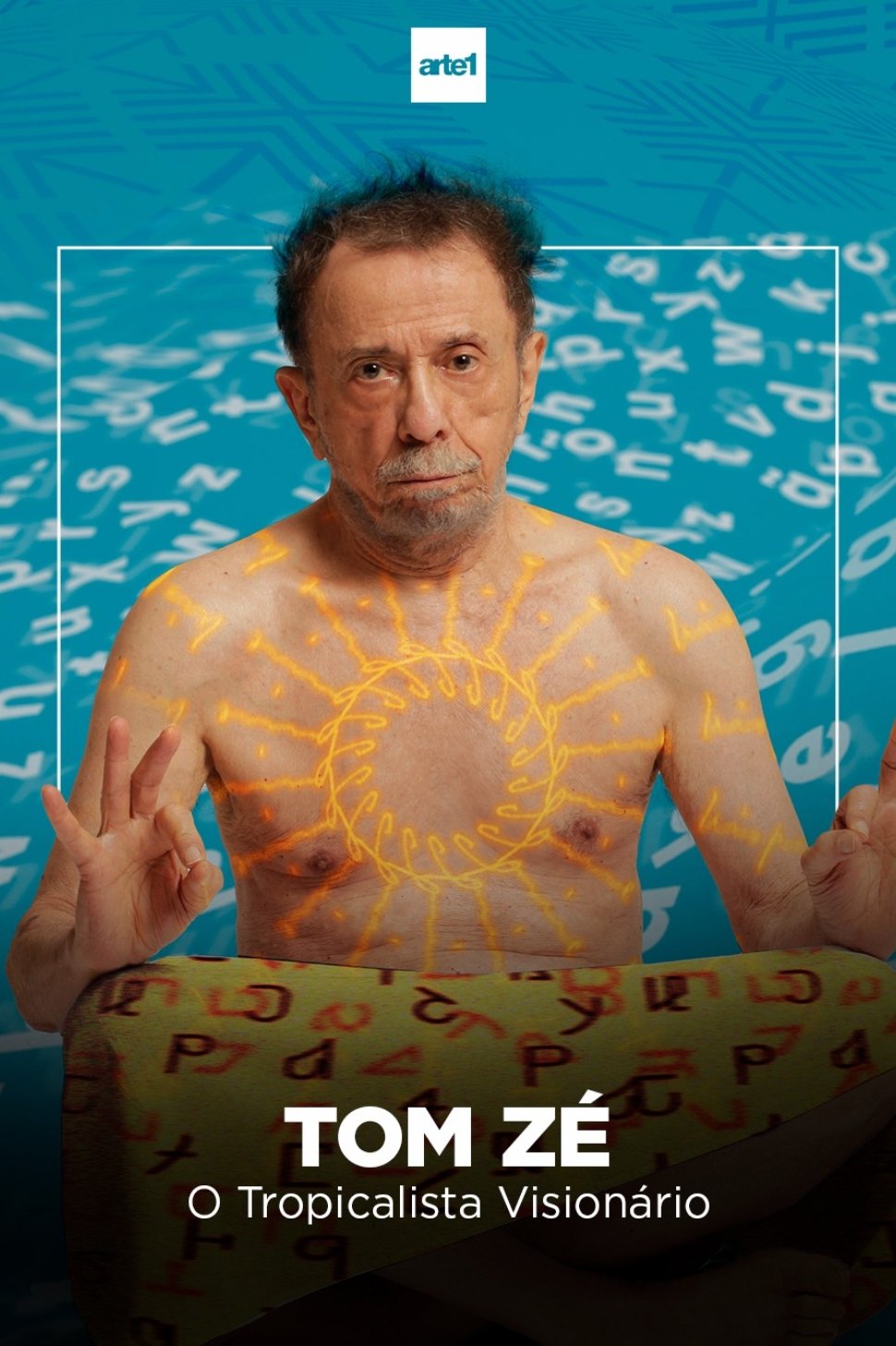
Delve into the life of Antônio José Santana Martins, known as Tom Zé. Born in Bahia, this scholar of Brazilian music heads to São Paulo to propel a career filled with unusual and hilarious stories. The tropicalist artist revisits memories of his childhood in Irará, shares stories about his fellow tropicalismo movement colleagues, and reveals how his album "Estudando o Samba" won over David Byrne and launched him onto the global stage.
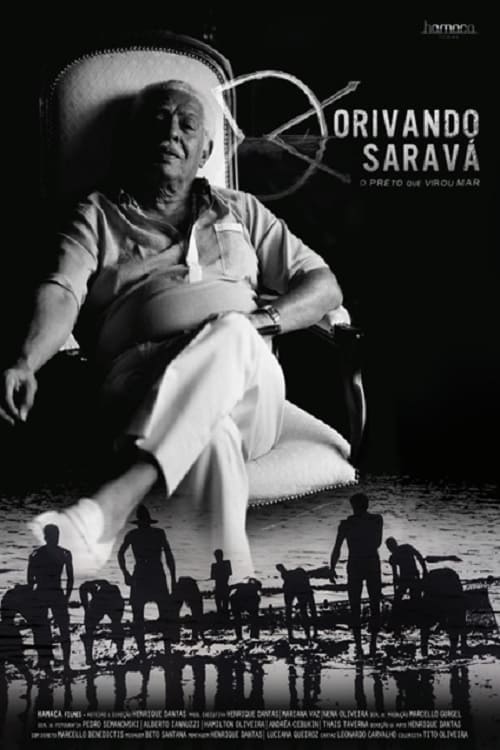
Singer, composer, actor and painter, Dorival Caymmi was a multiple artist, but what they may not know is his pioneering work in introducing candomblé into Brazilian popular music. Recreating in a poetic way concepts present in Caymmi's work and life, the documentary revelation of the artist from his own lines, mined in old magazines.
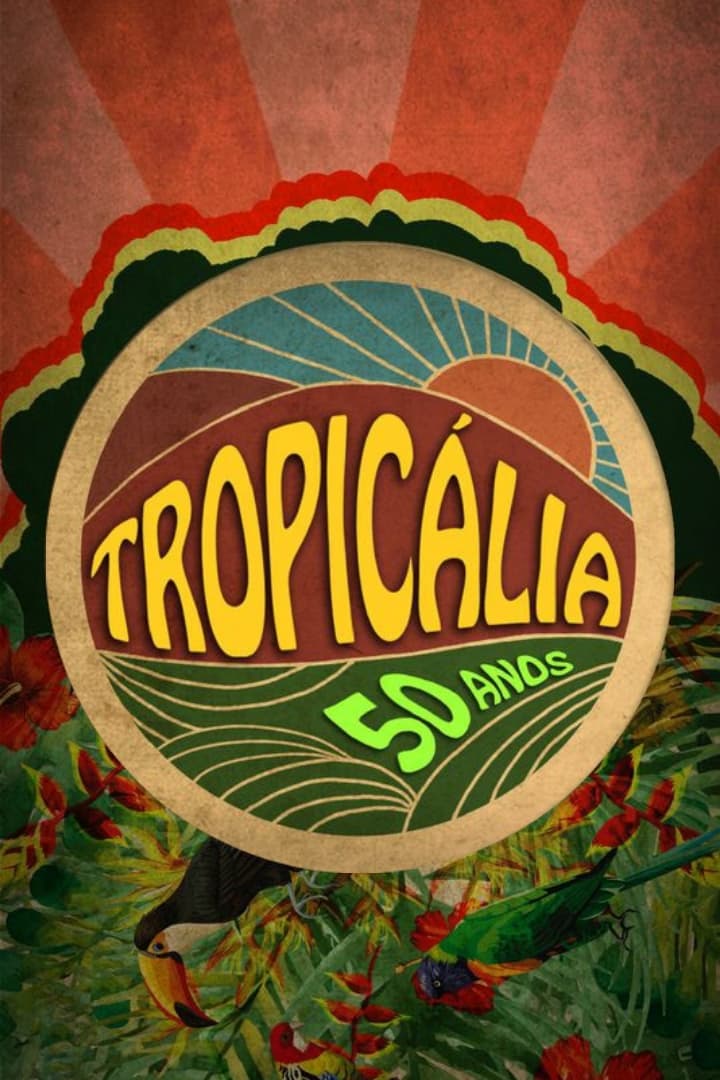
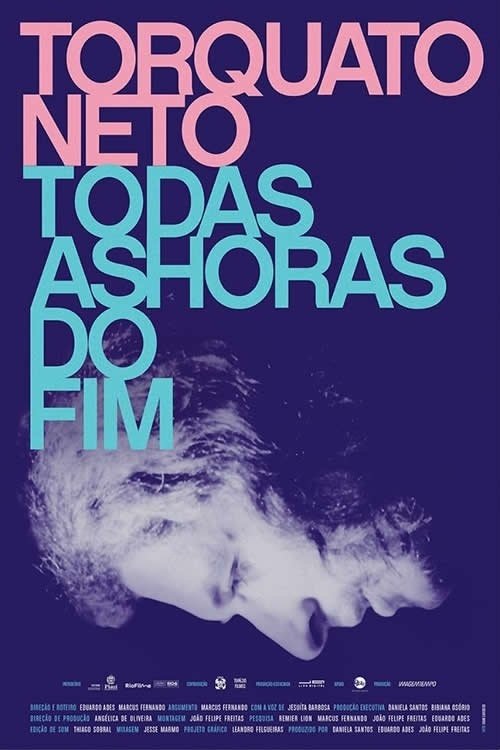
The story of Brazilian poet Torquato Neto, who lived passionately through fracturous times and worked in several fields, including music, journalism, and cinema. He was an active participant in the revolution of Tropicália and marginal art, which changed the course of Brazilian culture in the 1960s and 1970s, until he committed suicide on his 28th birthday.
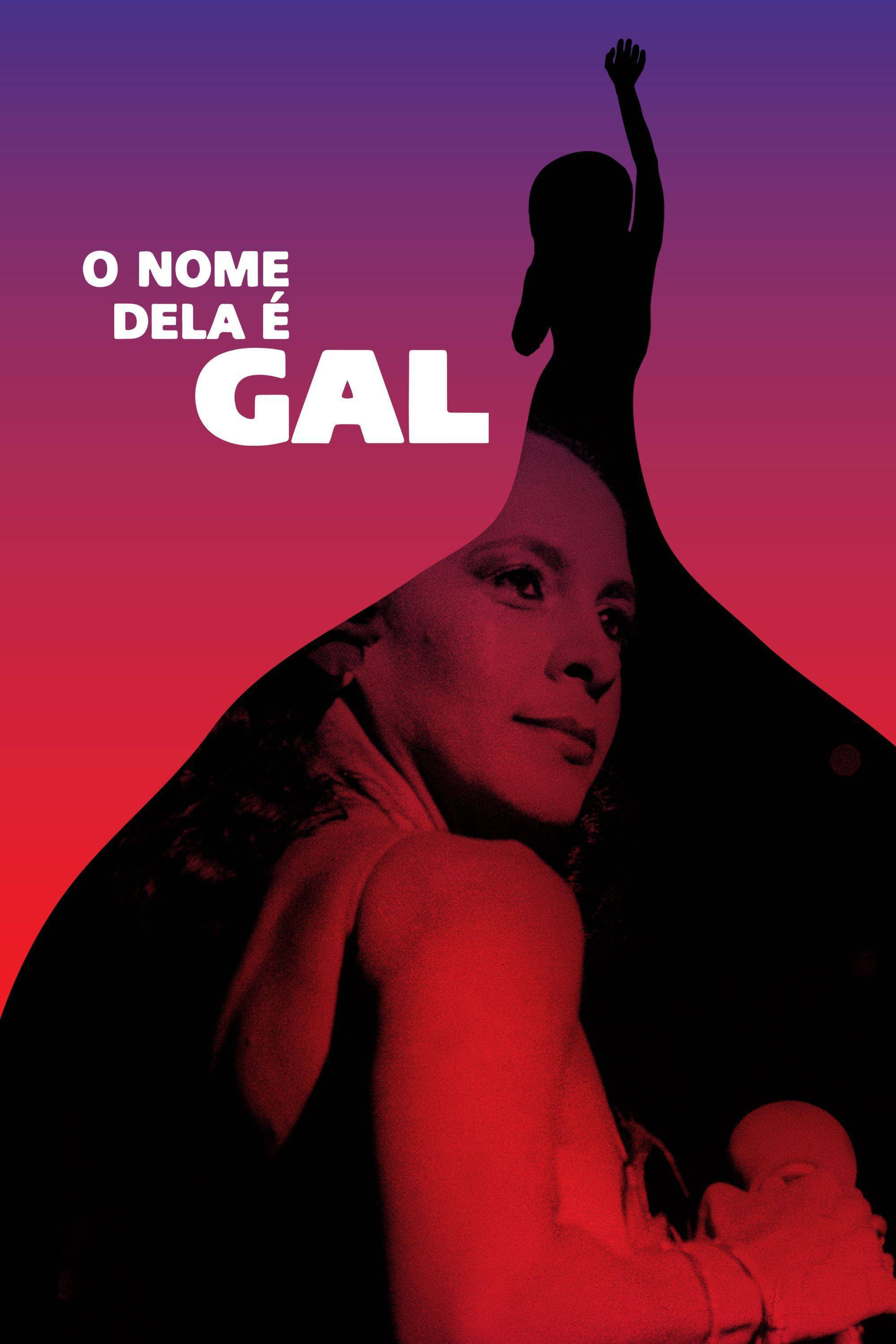
A four-part biography on the life of the Brazilian singer Gal Costa, from her humble beginning singing in the streets of Salvador, where she became friends with many artists who would be other great names in Brazilian music in the following decades to her 50th career anniversary in 2015.
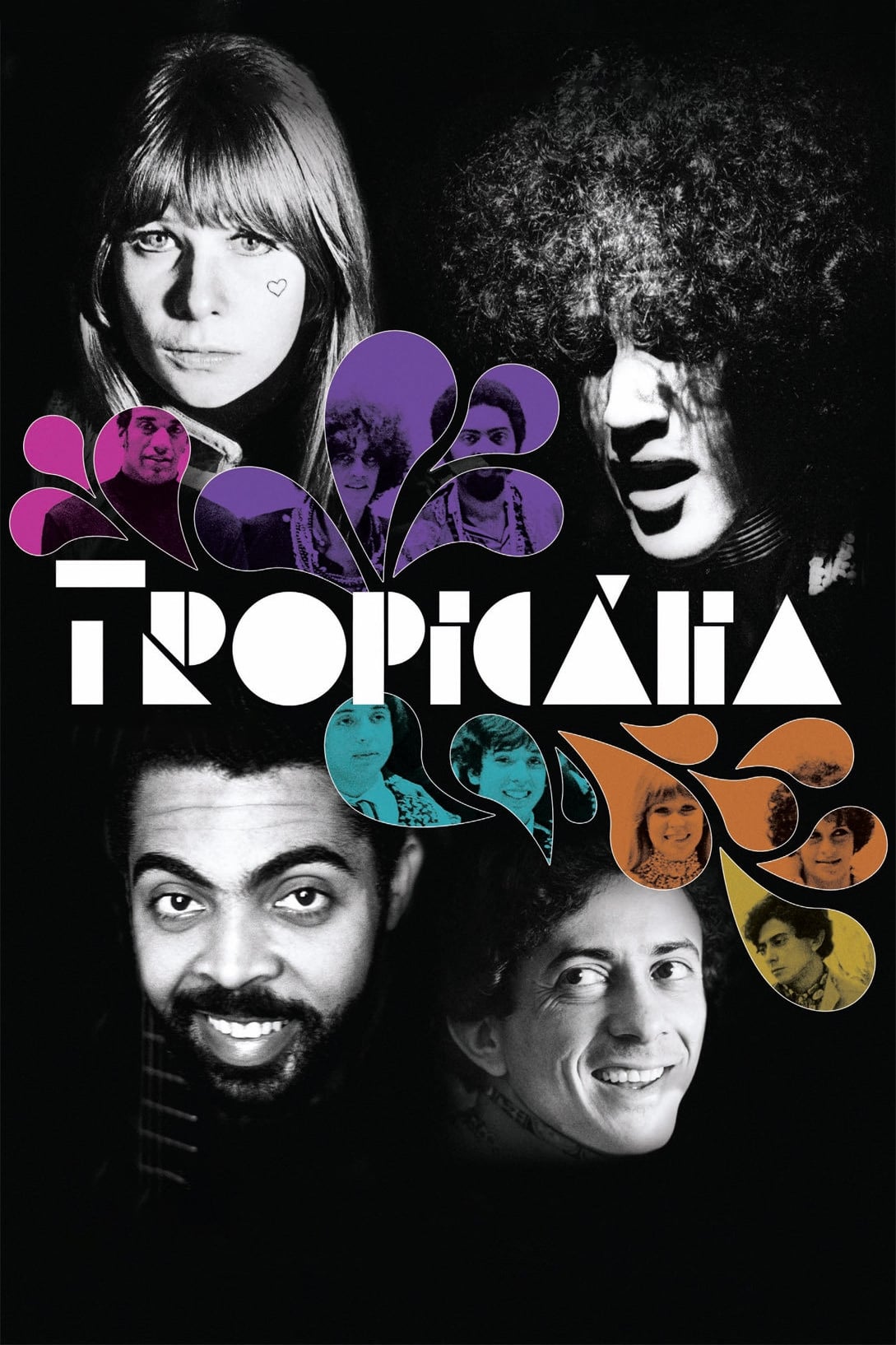
Set against the turbulent atmosphere of the 1960s, Tropicália is a feature length documentary exploring the Brazilian artistic movement known as Tropicália, and the struggle its artists endured to protect their right to freely express revolutionary thought against the traditional Brazilian music of that time.
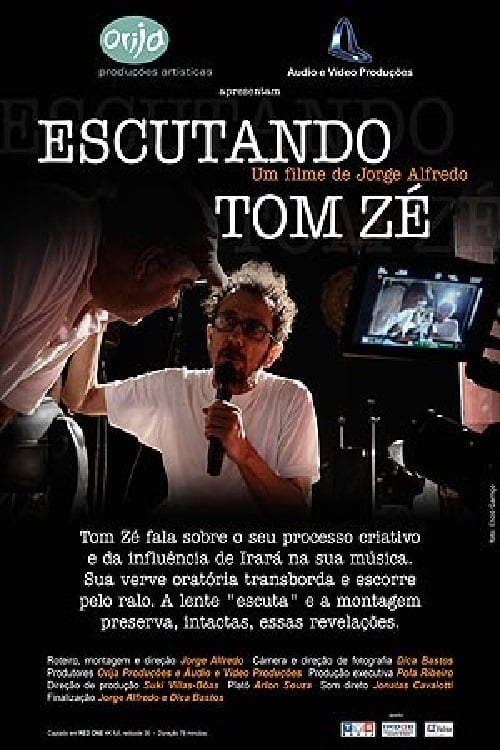
By browsing this website, you accept our cookies policy.